The Peanut Principle makes awesome natural nut and seed butters with other creative ingredients, like chocolate, maple syrup, and Asian spices. I’ve reviewed Peanut Principle products here. Savor NY is a local retailer in Cooperstown that focusses on New York made products and has long carried Peanut Principle peanut butter. I’ve reviewed Savor NY here. Being home to the Baseball Hall of Fame and Cooperstown Dreams Park, we see a fair amount of baseball fan traffic. So, the idea of a peanut butter made with Cracker Jacks for that take-me-out-to-the-ballgame feel has special merit for the Cooperstown market. And Savor NY saw a great opportunity to have something not only New York made, but unique to their shop by having Peanut Principle make this special product and label it as Savor NY Take Me Out to the Ballgame peanut butter. This is an example of private labeling and it happens all the time.
Private labeling is when one manufacturer makes something that is sold under someone else’s brand name or trademark. It is also known as contract manufacturing or contract production and probably happens more than you think and with some very good brands (both as the labeler and the maker). It can be a big benefit for craft food and beverage makers, offering a new channel to market without a lot of marketing or logistics, since that stuff is usually handled by the folks on the label. It can also be a way for restaurants, retailers, and even other craft food and beverage makers to add something unique to their product offerings without having to develop and make it themselves. Done correctly, it can be a big win for everyone. Done incorrectly, it can be a nightmare that permanently damages brands and relationships.
In the craft brewing industry, contract brewing is wide spread. Many small breweries have excess product capacity, so a great way to fill it is to contract manufacture a special brew for a restaurant, bar, or even another brewery. I recently recommended that one of our local restaurant clients look into having a custom brew made for them. Both restaurateurs and customers love the idea of a house brew. Custom Brewcrafters on Honeoye Falls, NY based their business model largely on contract brewing for regional bars and restaurants, in addition to making some great brews that they sell under the CBs beer label (that I have also reviewed).
We have numerous friends and clients that are private labeling all sorts of gourmet food and beverages, from hard cider to spiced caramel. You are likely aware that most store brand generic foods are actually produced from high-volume contract manufacturers. Price Chopper and Wegmans do not operate farms or canning facilities to fill their stores. But did you also realize that their premium house brands follow the same model and use smaller organic, all natural, and artisanal producers. The entire Trader Joes brand is based on sourcing excellent food and beverage products, much of which they sell under their own label.
Someday, I plan to write a full-blown article on the details of negotiating private label or contract manufacturing agreements. There can be a lot to them. The buyer/labeler needs to ensure quality, availability, price, and (sometimes) exclusivity. The seller/producer needs to make sure promotion, payment terms, and reasonable guarantees of volume are there for the specialty product to be worth doing. The big downside of private labeling (if that isn’t the focus of your business model) is that it tends not to build your consumer brand, so it better pay well and be done on a reliable basis to justify the distraction.
[/fusion_builder_column][/fusion_builder_row][/fusion_builder_container]


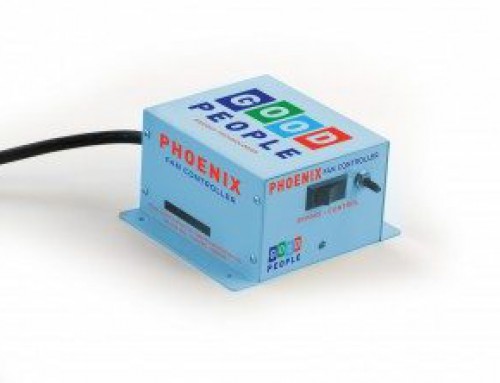
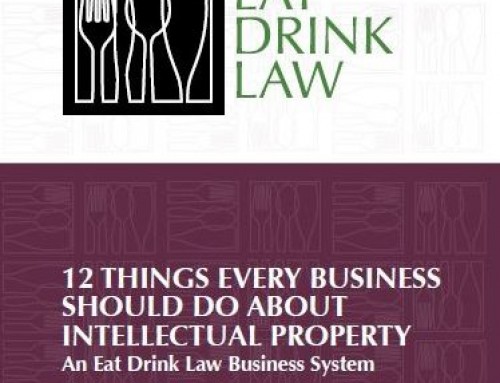
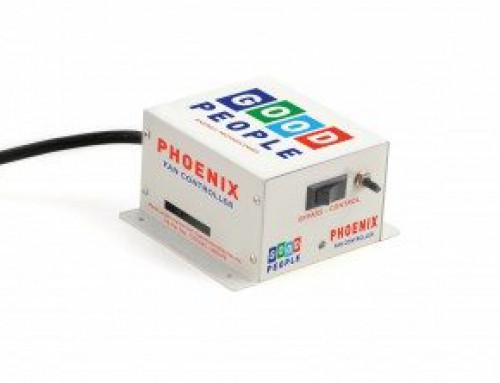
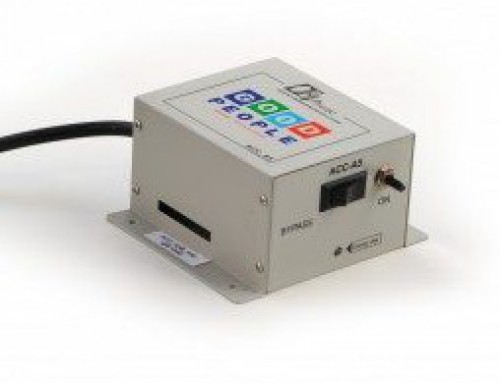
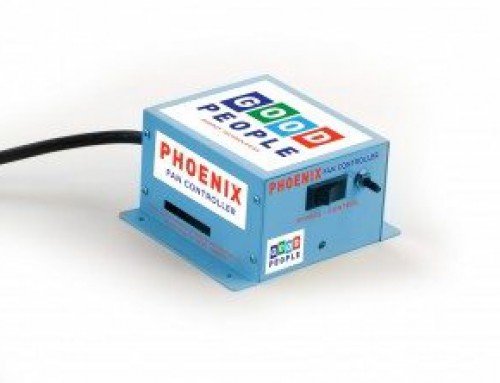
Leave A Comment